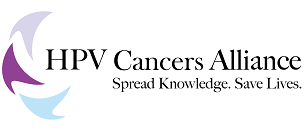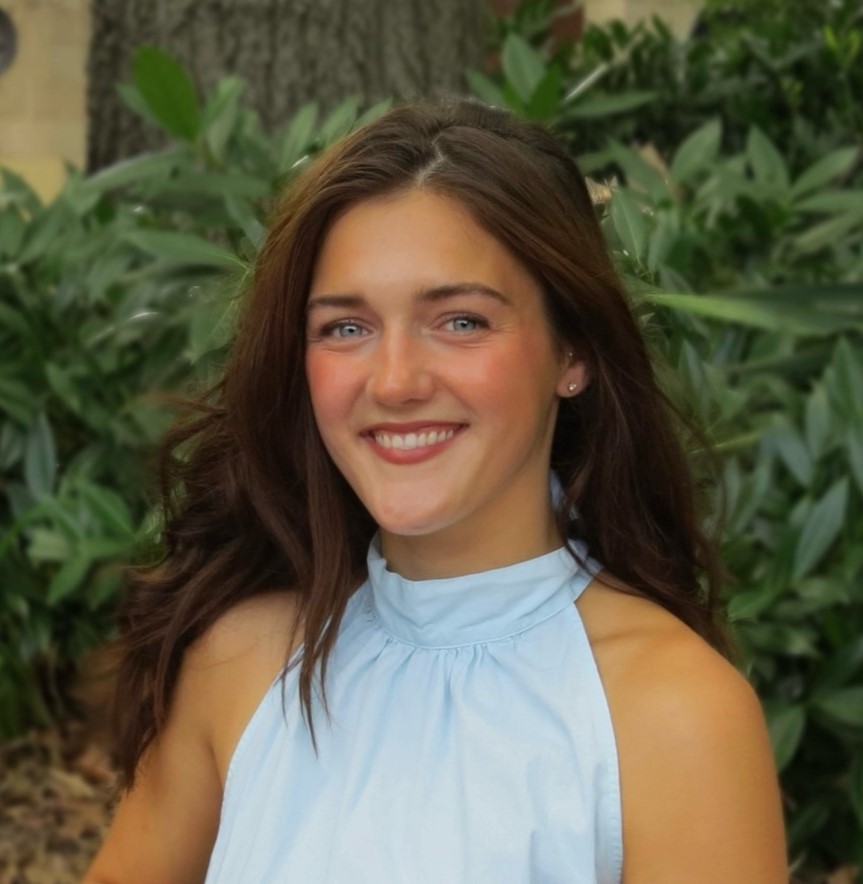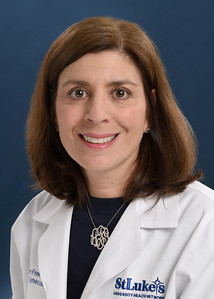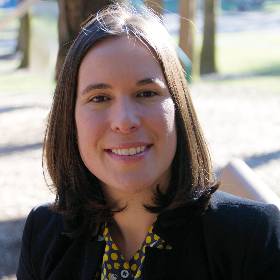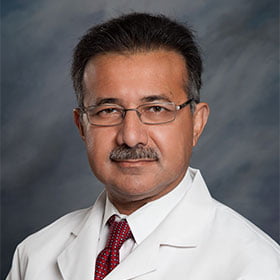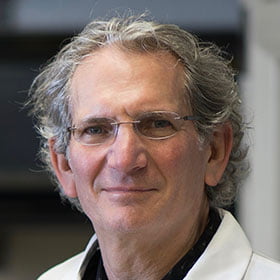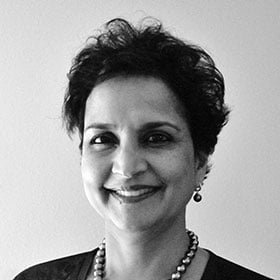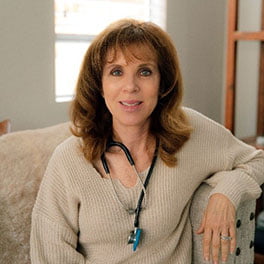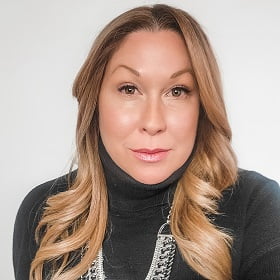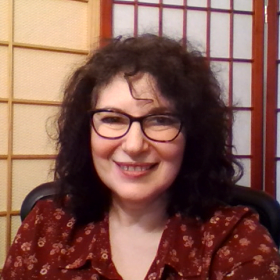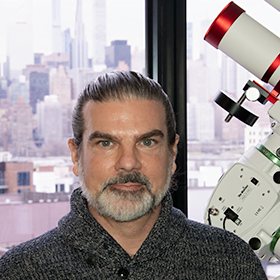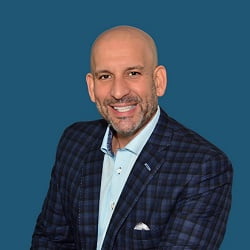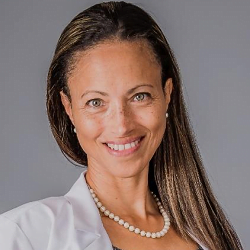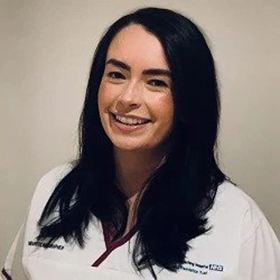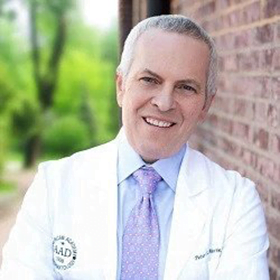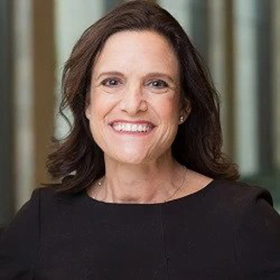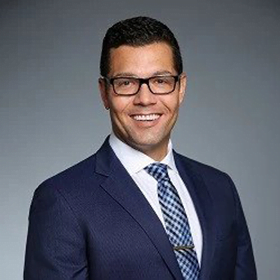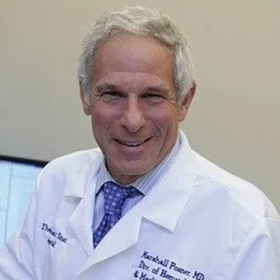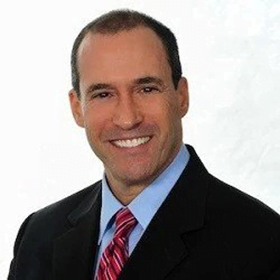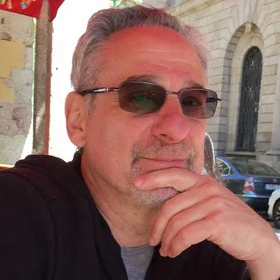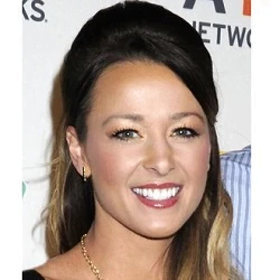How To Prevent HPV
The HPV vaccine was designed to help protect against diseases that can be caused by HPV. It is recommended to be given to males and females at age 11 or 12 years, although it can be given as early as age 9. The vaccine also can be administered to anyone up to age 45 if they have not already been vaccinated. (Read more about the HPV vaccine at “What’s Up with the HPV Vaccine?” below)
Another answer is screening. For women age 21 to 65, getting screened for cervical cancer should be done routinely, at least every three years. (For details on screening for cervical cancer, see “Who Should Be Screened for Cervical Cancer?”)
The third answer is lifestyle. If you are sexually active, it is recommended you use latex condoms and/or dental dams every time you have vaginal, oral, or anal sex. Even though condoms and dental dams are not as effective against HPV as they are against HIV, chlamydia, and other sexually transmitted diseases, they can reduce your chances of getting the virus.
If you are in a mutually monogamous relationship, then you are most likely safe from contracting the virus. In either case, you should always maintain a healthy lifestyle to support and promote your immune system. That means following a nutritious diet, exercising regularly, getting 7 to 8 hours of sleep every night, not smoking, and practicing stress reduction. All of these habits can help keep your immune system functioning optimally and assist in warding off the virus.
What’s Up with the HPV Vaccine?
What are the types of HPV vaccines?
Gardasil® 9, and Cervarix®. As of May 2017, Gardasil® 9 is the only HPV vaccine you can get in the United States. The other two vaccines are available in other countries.
All three of the vaccines prevent infection with HPV types 16 and 18, which are two of the high-risk types that are responsible for about 70 percent of cervical cancers and a higher percentage of some other cancers caused by HPV.
FDA Approves Merck’s GARDASIL® 9 for the Prevention of Certain HPV-Related Head and Neck Cancers. This cancer affects 13,500 Americans annually. Click here
How effective are HPV vaccines?
Of course, no vaccine is foolproof, but prevention is better than treating HPV-related cancer that develops later in life.
Research has shown that HPV can cause nearly 35,000 cases of cancer in women and men yearly in the United States.
Since the introduction of the HPV vaccine:
- The number of HPV infections and cervical precancers has declined significantly.
- There has been an 86 percent decline among teenage girls in the HPV types that cause most HPV cancers and genital warts.
- The percentage of cervical precancers caused by HPV types linked most often to cervical cancer has dropped by 40 percent among women who have received the vaccine.
What are the possible side effects?
- Pain, swelling, or redness at the injection site
- Fever
- Tiredness
- Dizziness
- Headache
- Nausea
- Joint or muscle pain
In some cases, young people may experience a brief fainting spell or jerking movements after getting the injection. Resting in a seated or lying position for about 15 minutes after getting the injection can help prevent fainting or falls. Very rarely, a severe allergic reaction (anaphylactic) may occur, which is why it’s important to discuss any allergies you or your child may have with your doctor before getting the vaccine.
Recommended vaccination schedules
That is the basic schedule. Here’s the list of other recommendations that allow for a wide variety of situations that fall outside of the basics.
- Teens and young adults who didn’t start or finish the HPV vaccine series should be vaccinated. Females can get the vaccine until they are 27 years old and males can get it until they are 22 years old (with exceptions). The exceptions are:
- Teens and young men who have sex with other men or have a compromised immune system should get the HPV vaccine until they are 27.
- Transgender individuals should get the HPV vaccine until they are 27.
- Teens and young adults who begin the HPV series at ages 15 through 26 years need three doses of the vaccine to be protected.
- Adolescents aged 9 through 14 who received two doses of the vaccine less than five months apart will need a third dose.
- Three doses of the vaccine are recommended for anyone aged 9 through 26 years who has a compromised immune system.
Who Shouldn’t Get the HPV Vaccine?
Sources
Gardasil® 9. Information about Gardasil® 9. Accessed 2019 Sept 24
National Cancer Institute. Human papillomavirus (HPV) vaccines. Accessed 2019 Sept 24
